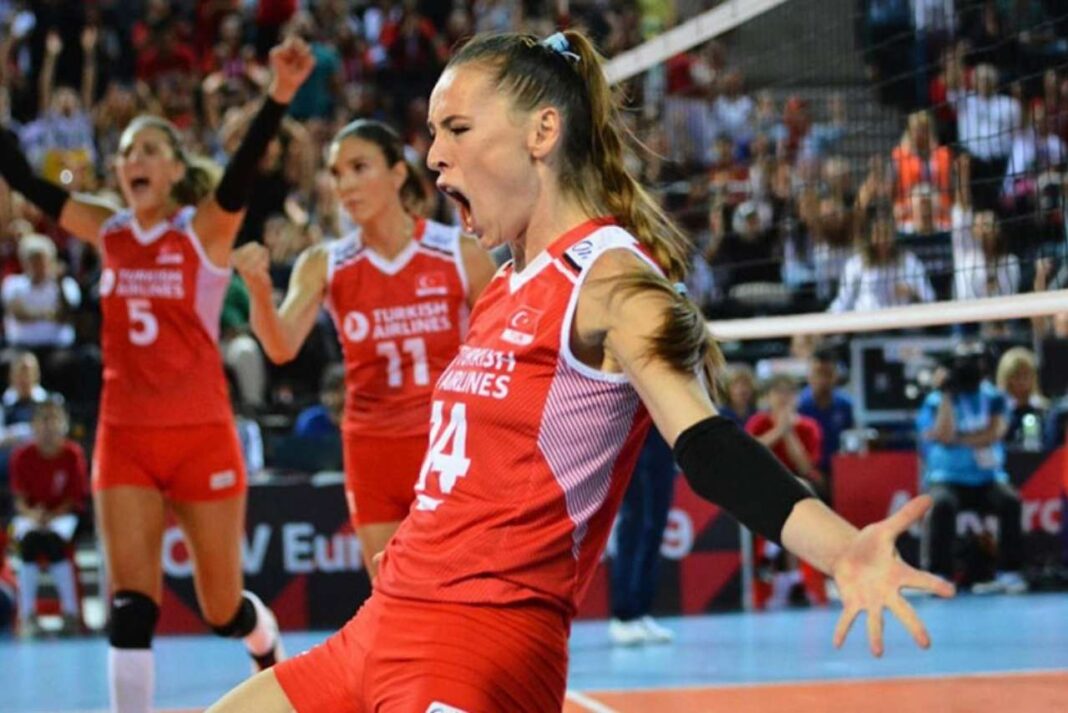Sports psychology is not only a field of physical competition, but also one where intense
psychological battles in sports are fought. In this context, female athletes face not only physical
challenges but also numerous psychological barriers in women’s sports, including gender roles in sports, media pressure, and
appearance-based judgments. Although the visibility of women in sports in the male-dominated sports world has increased over time, it cannot yet be said that they compete under equal conditions.
This study aims to examine the psychological difficulties faced by female athletes and the coping strategies in women’s athletics they use in response.
Psychological Challenges Faced by Female Athletes
The psychological challenges experienced by female athletes can be grouped under
several key themes. The most prominent among them today include gender roles, body image and appearance pressure, gender-based discrimination and harassment, and social or family pressure on female athletes.
1. Gender Roles
Female athletes are often associated with a “non-feminine” image. Qualities such as
strength, competitiveness, and determination are traditionally viewed as masculine traits, which
can cause female athletes to feel pressured while expressing themselves. This may lead to issues
such as low self-confidence in sports, feelings of inadequacy, and social anxiety in athletes.
2. Body Image and Appearance Pressure
In sports where aesthetics are emphasized (e.g., artistic gymnastics, figure skating,
synchronized swimming), female athletes and body image may feel compelled to conform to an idealized body image in sports. This pressure can lead to psychological problems such as
eating disorders in athletes, body dysmorphia, and low self-esteem in female athletes. Media representations in sports reinforce these expectations by
evaluating female athletes not only by their achievements but also by their physical appearance.
3. Gender-Based Discrimination and Harassment
Female athletes may be exposed to gender-based discrimination in sports by their coaches or
sports administrators. In some cases, sexual harassment in athletics and psychological abuse can also occur.
Such experiences can lead to serious psychological trauma in female athletes or even force athletes to end their
careers prematurely.
4. Family and Social Pressure
In certain communities, it is still considered “inappropriate” for women to pursue sports
professionally. Female athletes and family pressure may face opposition due to perceived conflicts
with traditional gender roles. This pressure can lead to the suppression of athletic identity or
giving up on career goals in women’s sports altogether.
Coping Strategies
The strategies used by female athletes to cope with psychological challenges vary based
on individual and environmental factors. The most common strategies include:
-
Professional Psychological Support: Receiving help from sports psychologists or
therapists is highly effective in overcoming issues such as anxiety in athletes and low self-confidence. -
Social Support Network: Supportive attitudes from family, friends, and teammates
significantly contribute to psychological resilience in athletes. -
Coach-Athlete Relationship: Coaches who adopt an equal, respectful, and constructive approach in coaching female athletes help increase motivation and reduce stress.
-
Feminist Awareness and Community Support: Connecting with other women who
face similar challenges and building solidarity among female athletes can be psychologically empowering.
Conclusion and Recommendations
In addition to physical training, female athletes must overcome numerous psychological barriers in sports. The following actions can help reduce these challenges:
-
Psychological counseling services in sports clubs should be made widely available.
-
Gender equality training for coaches and sports administrators should be mandatory.
-
Media coverage of female athletes should focus on their achievements and efforts, rather than physical appearance.
-
Stereotypical views about female athletes should be challenged, and gender-equal sports education should be introduced at an early age.
By implementing these steps, it is possible to foster stronger, more confident, and
successful female athletes both individually and socially.


